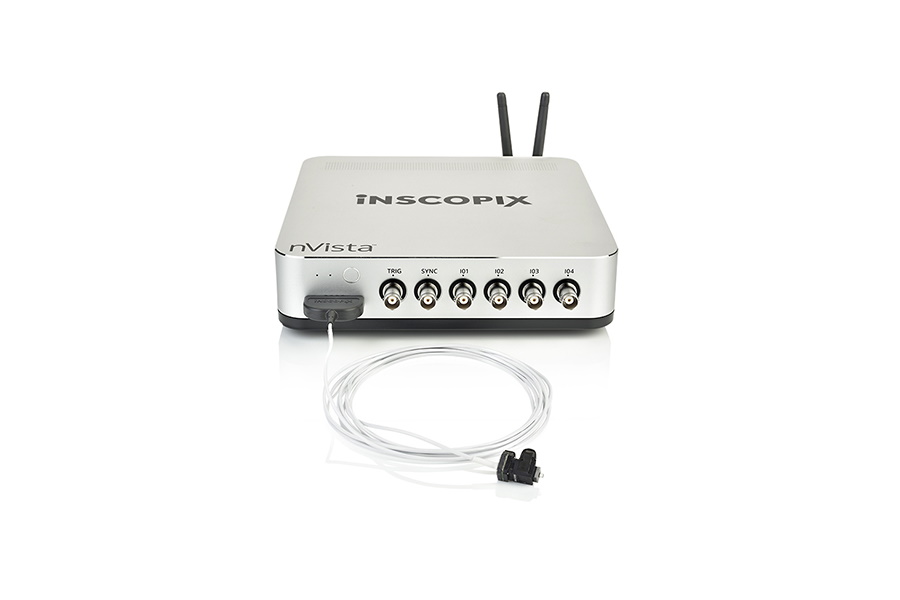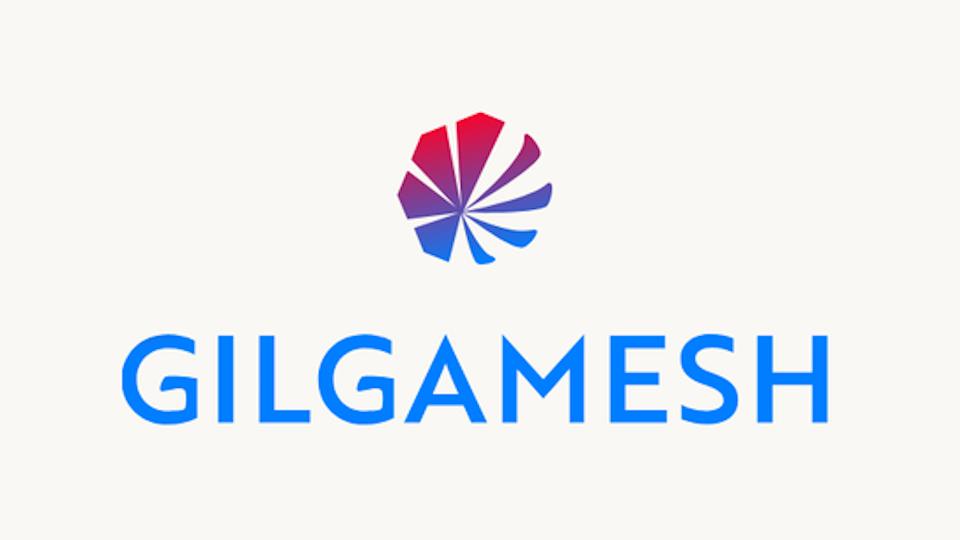Lundbeck taps Inscopix' brain-mapping camera tech for CNS research

Danish drugmaker Lundbeck has teamed up with Inscopix – the developer of a technology that can film neurons in the brain in real time – to try to find new drugs for central nervous system diseases.
The two partners will use the nVista wearable microscope technology to develop a map of the brain and brain circuit-based preclinical assays that could be used to identify drug candidates for diseases like Alzheimer's, depression, and schizophrenia.
It will be used to assess target engagement, pharmacodynamics, and efficacy of compounds in Lundbeck's pipeline, according to the drugmaker.
"The miniature microscope can depicture neurons in the brain, thereby showing where compounds interact and how they affect the brain," said Benjamin Hall, director of circuit biology at Lundbeck.
"We will try to understand, what happens where in the brain and how different neurons, molecules, and substances interact with each other on a very detailed level," he added.
nVista takes the form of a head-mounted microscope that can be used to monitor brain activity in free moving animals by imaging the flow of calcium ions in and out of neurons, which is a surrogate marker for neural activity.
California-based Inscopix recently reported use of the platform to perform real-time measurements of neural activity in non-human primates – rhesus macaques – as they carried out normal motor activities over several months.
The work is particular relevant to drug discovery as non-human primates are highly similar to humans in terms of their brain structure as well as complex behaviour and higher cognitive functions.
The company said the research promises to advance the understanding of brain health and "accelerate the development of next-generation precision therapeutics and brain-computer interfaces."
The technology could also be used to advance medical device-based therapeutics for treating motor dysfunctions in disorders like Parkinson's disease or after a spinal cord injury, according to Inscopix.
Lundbeck is a specialist in developing drugs for CNS diseases, a notoriously challenging area, and last year trimmed back its R&D workforce and narrowed its focus to its efforts on areas "where the science is most promising."
It is best known for products like the antipsychotic Abilify (aripiprazole) and antidepressant Lexapro (escitalopram), but has been hit by generic competition and some pipeline setbacks in the last couple of years, including phase 2 programmes in Tourette's syndrome and Parkinson's dyskinesia.












